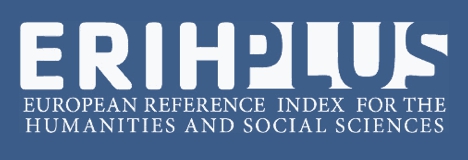Aqui começou a história do Espírito Santo: sobre a política das imagens e da narrativa colonial fundadora dos lugares
Abstract
Anualmente ocorrem na Prainha em Vila Velha/ES várias encenações, no feriado que comemora a “Colonização do Solo Espírito Santense”. A narrativa colonial territorializa modos de dizer e de agir nos museus, nos monumentos, nos símbolos e rituais. Nestes discursos e práticas, o “início da história” está sempre em função da chegada dos colonizadores. Fazendo coro com os estudos pós-estruturalistas e pós-coloniais, que tem como uma de suas frentes reflexivas a problematização das metanarrativas e das histórias únicas, nossa pesquisa tem por principal objetivo analisar as consequências de uma “política da espacialidade” (MASSEY, 2008) quando atreladas a constituição de uma imaginação espacial linear e eurocêntrica. Discutiremos o agenciamento das memórias e narrativas do lugar, tomando como referência autores cujo mote conceitual nos permite refletir sobre o caráter ficcional das narrativas e imagens, bem como possibilidades outras de grafar e dizer os lugares e suas imaginações espaciais.
Palavras-chave: imaginação espacial – narrativa – imagem – pós-colonial
Keywords
Policy Proposal for Free Access Journals
Authors who publish in this journal agree to the following terms:
a. Authors retain the copyright and grant the journal the right of first publication, with the work simultaneously licensed under the Creative Commons Attribution License which allows the sharing of the work with acknowledgment of the authorship of the work and initial publication in this journal.
b. Authors are authorized to take additional contracts separately, for non-exclusive distribution of the version of the work published in this journal (eg publish in institutional repository or as a book chapter), with acknowledgment of authorship and initial publication in this journal.
c. Authors are allowed and encouraged to publish and distribute their work online (eg in institutional repositories or on their personal page) at any point before or during the editorial process, as this can generate productive changes, as well as increase the impact and The citation of published work (See The Effect of Free Access).





















